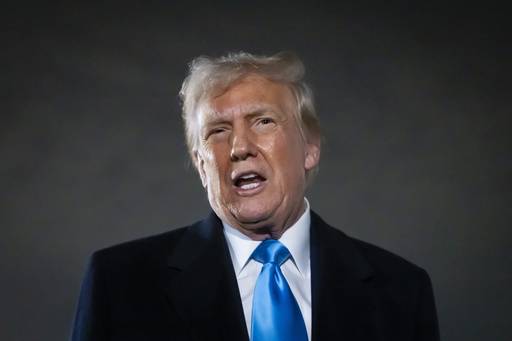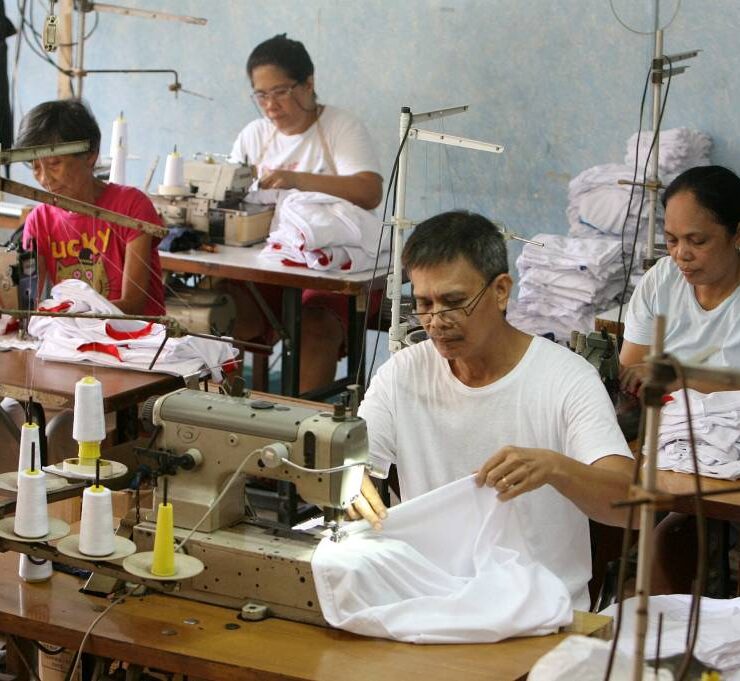Exporters unfazed by Trump tariffs

The country’s largest umbrella organization of exporters has downplayed the possible impact to the Philippines of higher tariffs that the United States slapped on Chinese imports, signaling confidence from local producers amid major changes in the trade policies of their largest market.
“The 10-percent [tariff] imposed on China, I don’t see this affecting us because the prices of China-made goods are too cheap. Even if an additional 10-percent tariff is implemented, the US will still buy those goods,” Philippine Exporters Confederation Inc. (Philexport) president Sergio Ortiz-Luis Jr. said in an interview last week.
The Philexport president said he also expects Philippine exports to the United States, the country’s biggest export market, to continue to remain robust and be largely unaffected by the trade war between the United States and China.
A week earlier, Trade Secretary Ma. Cristina Roque expressed concern on US President Donald Trump’s recently proposed universal tariffs, citing it could potentially impact the Philippines’ export sector.
“Since the US is the Philippines’ major trading partner and eighth-largest export market for its agricultural products, the proposed universal tariff could potentially impact Philippine exports to the US,” Roque said in a statement.
“The extent of the impact will depend on a number of factors, including the final tariff rate and the response of other countries,” she added.
Based on data from the Philippine Statistics Authority website, the value of Philippine exports to the United States reached $12.12 billion in 2024, accounting for 16.6 percent of the total.
At the same time, the Philippines imported $18.17 billion worth of goods from the United States, making the latter the country’s eighth largest source of imports.
The Philippines’ top imports from the United States are processed food and beverages, accounting for about 35 percent of the total.
Other imported goods include electronic products, chemicals, as well as machinery and transport equipment.
Despite their optimism, Ortiz-Luis instead said Philexport is still hoping that Trump’s policies will lead to a cooldown in the geopolitical tension between the Philippines and China.
“We hope Trump can lower geopolitical tensions so we can recover the market we lost with our neighbors and China. Not only the market, but tourism and investment were also affected by geopolitics,” he said.





















